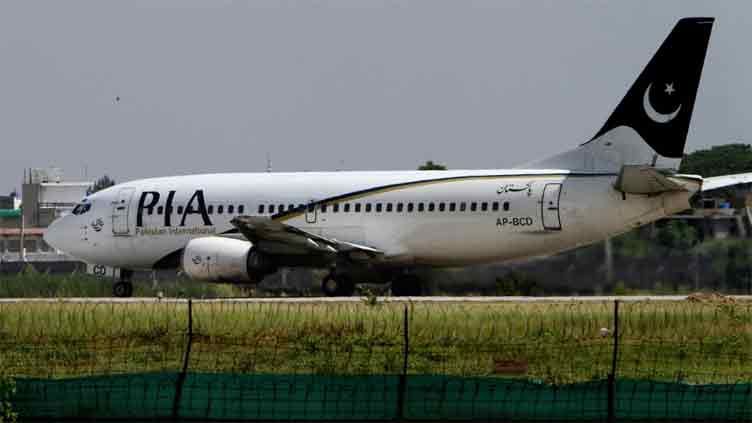Business
PIA sorts out issues with PSO for smooth fuel supply
Airline’s operations remain disrupted on Saturday with another 59 flights cancelled

Business
JP Morgan predicts lower gas and LNG prices, which will help switch from coal
JP Morgan predicts lower gas and LNG prices, which will help switch from coal
Business
Thailand interest rates: Thai lenders to cut rate by 25 bps for ‘vulnerable groups’
Thailand interest rates: Thai lenders to cut rate by 25 bps for ‘vulnerable groups’
Business
War on inflation: Hungary gives fuel traders two weeks to match regional average prices
War on inflation: Hungary gives fuel traders two weeks to match regional average prices
-

 Fashion3 months ago
Fashion3 months agoAmi updates bourgeois styles for fall runway show at Paris Fashion Week
-

 Sports3 months ago
Sports3 months agoSon and Bissouma ready for Spurs game with Brighton
-

 Sports3 months ago
Sports3 months agoSinisterra signs long-term deal with Bournemouth
-

 Fashion2 months ago
Fashion2 months agoGiorgio Armani catwalk blooms with florals at Milan Fashion Week
-

 pakistan3 months ago
pakistan3 months agoECP convenes emergency meeting today
-

 World3 months ago
World3 months agoNorth Korea tests underwater nuclear drone, criticises US-led joint drills
-

 pakistan3 months ago
pakistan3 months agoECP rejects Salman Akram’s plea for PTI affiliation
-

 Tech3 months ago
Tech3 months agoBMW is testing humanoid robot to automate manufacturing tasks























